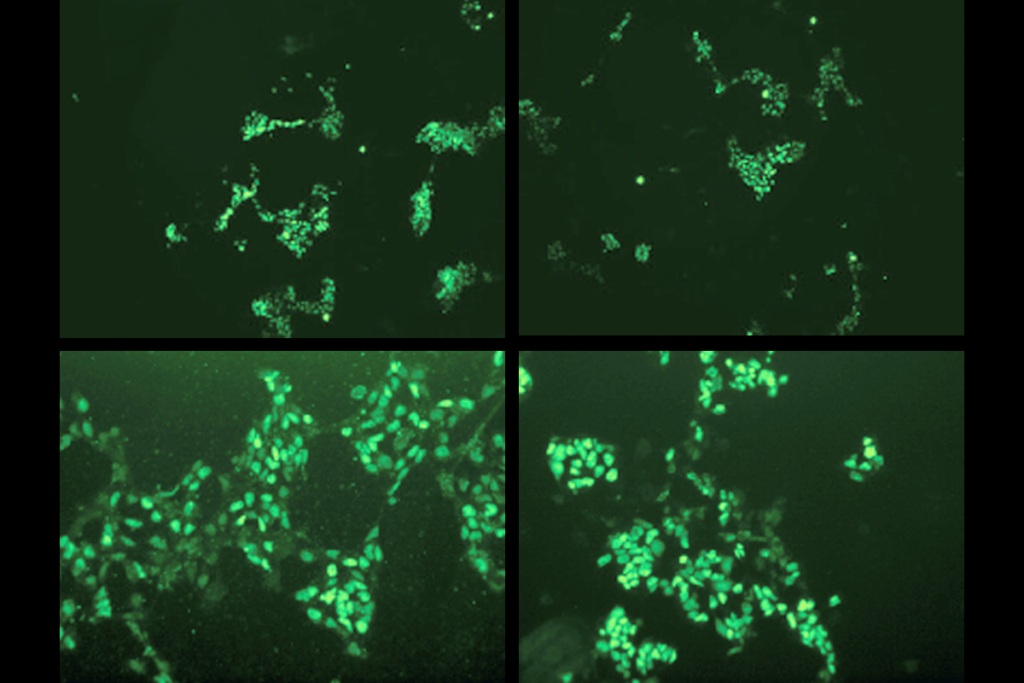Cognition and behavior: Serotonin may alter emotion response
Lowering blood levels of the amino acid tryptophan, a precursor to the chemical messenger serotonin, changes how the autism brain responds to emotions, according to a report published 4 June in PLoS One.
Lowering blood levels of the amino acid tryptophan, a precursor to the chemical messenger serotonin, changes how the autism brain responds to emotions, according to a report published 4 June in PLoS One1.
Serotonin is a chemical messenger known for its role in depression and other disorders. Studies have shown that individuals with autism have more serotonin in their blood and lower activity of a transporter that regulates serotonin levels than do controls.
Individuals with autism often have difficulty interpreting emotions. Brain imaging studies suggest that, unlike controls, they do not prefer happy faces to neutral ones.
In the new study, researchers investigated the effect of depleting the amino acid tryptophan, which in turn lowers serotonin levels, in 14 men with autism and 14 controls.
The participants each went through the experiment twice, once drinking a mixture of amino acids including tryptophan, and once drinking a mixture without it. When the participants drank the mixture without tryptophan — whether they were individuals with autism or controls — they had less tryptophan in their blood at the time of the experiment.
Tryptophan depletion alters the activity of brain regions involved in emotion processing, as measured by functional magnetic resonance imaging, the study found. It also has a significantly different effect in men with autism than in controls.
For example, when participants look at photos of a person’s face expressing disgust, depleting tryptophan lowers brain activity in the cingulate gyrus in men with autism but boosts activity in controls. It has the opposite effect on the medial frontal gyrus, increasing its activity in men with autism and dampening it in controls.
Similarly, for expressions of fear, sadness and happiness, lowering blood tryptophan has a different effect on brain activity in men with autism than it does in controls.
Overall, the study suggests that serotonin may be involved in the emotion-processing deficit seen in individuals with autism.
References:
1: Daly E.M. et al. Arch. Gen. Psychiatry Epub ahead of print (2012) PubMed
Recommended reading

Developmental delay patterns differ with diagnosis; and more

Split gene therapy delivers promise in mice modeling Dravet syndrome

Changes in autism scores across childhood differ between girls and boys
Explore more from The Transmitter

Smell studies often use unnaturally high odor concentrations, analysis reveals

‘Natural Neuroscience: Toward a Systems Neuroscience of Natural Behaviors,’ an excerpt
